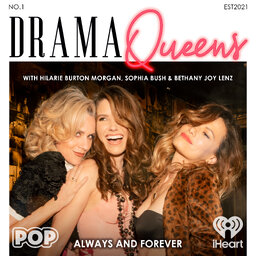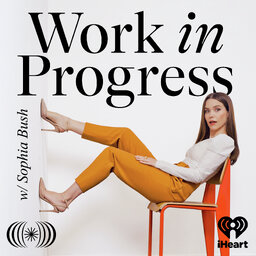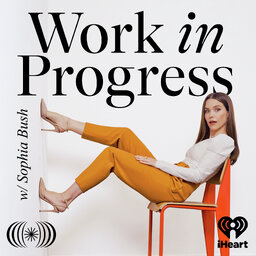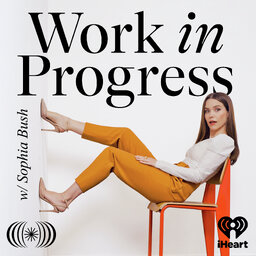Work in Progress: Linsey Davis
ABC News Correspondent Linsey Davis wanted to be a lawyer but found herself on a different path. Now, she's an award-winning journalist who anchors ABC News Live Prime and "World News Tonight" on the weekend.
Linsey joins Sophia to talk about the moment she decided to pursue journalism and why, mentors who helped her along her journey, covering politics, and what it's like interviewing some of the biggest newsmakers in the world, including her thoughts on Hillary Clinton when the camera's stopped rolling.
Plus, besides being an accomplished journalist, Linsey is also a best-selling author! She discusses the inspiration behind her sixth children's book, "Girls of the World: Doing More Than Ever Before."
 Work in Progress with Sophia Bush
Work in Progress with Sophia Bush



